

Fosociclopirox AUA Thought Leadership Series
By Kelly Hale , Marketing & Communications Specialist
Jul 11, 2022
The American Cancer Society estimates 81,180 new cases of bladder cancer will be diagnosed this year in the US, with 17,100 Americans dying from the disease. There are more than 500,000 bladder cancer patients worldwide with more than 200,000 patients dying each year. Bladder cancer is the fourth most common cancer diagnosis in American men, sixth overall.
A unique public-private partnership between the Institute for Advancing Medical Innovation (IAMI), headquartered at the University of Kansas Medical Center, and BioNOVUS subsidiary, CicloMed, is developing the fosociclopirox for the treatment of bladder cancer. Invented by researchers at the University of Kansas, fosciclopirox is advancing through the phases of drug development at industry speed with KU Medical Center investigators directly participating in development activities. Led by Frontiers investigator John A. Taylor III, MD, Phase 1B/2A clinical trials in muscle invasive and non-muscle invasive bladder cancer patients were completed late last year. Plans are underway to continue to evaluate the safety and efficacy of fosciclopirox in bladder cancer patients in larger scale clinical trials. This project was highlighted at the American Urology Association meeting held in May 2022.
At diagnosis, if the cancer has not spread beyond the inner layer of the bladder wall, termed non-muscle invasive bladder cancer, five-year survival rates are quite high. At diagnosis, If the tumor has invaded the muscle layer, termed muscle invasive bladder cancer, five-year survival rates are significantly lower. If contained within the muscle layer of the bladder, but not spread beyond the bladder, the five-year survival rate is approximately 70%. If the cancer has spread from the bladder to surrounding tissue or has spread to lymph nodes or organs, the five-year survival rate is approximately 38%.
Bladder cancer has the highest recurrence rate of all known malignancies. Approximately 25% of non-muscle invasive bladder cancer patients will progress to muscle invasive bladder cancer. As a result, patients face a lifetime of monitoring, surgical procedures, immunotherapy, and chemotherapy treatments resulting in bladder cancer being the most expensive cancer to treat on a per-patient-per-lifetime basis. Despite its prevalence, required treatment for the disease, and financial burden on the healthcare system, it has been decades since the last therapeutic agent specifically developed for the treatment of bladder cancer entered clinical trials.
IAMI, a Frontiers core component, partners with regional investigators to transform laboratory and bedside discoveries into novel therapeutic, diagnostic, and medical device technologies. Through the public-private partnership, CureBridgeCollaborative, promising medical innovation technologies are advanced through early phase clinical trials to establish clinical proof of concept. Unique to the partnership is the opportunity for Frontiers investigators to participate in development activities. Partners include the University of Kansas Medical Center, Children Mercy's Kansas City, the Stowers Institute and the University of Kansas.
Directed by Scott Weir, PharmD, Ph.D., IAMI has supported the advancement of five KU-invented therapeutic agents to clinical trials over the past five years, and currently supports a cancer drug discovery portfolio of more than 28 projects.
Learn more about the Institute for Advancing Medical Innovation at the University of Kansas Medical Center in the video below.
Latest Articles
View All Funded Projects · News
Funded Projects · News
 TL1 Trainee · News
TL1 Trainee · News
 Funded Projects · News
Funded Projects · News
 TL1 Trainee · News
TL1 Trainee · News
 Funded Projects · News
Funded Projects · News
 TL1 Trainee · News
TL1 Trainee · News
 KL2 Scholar · News
KL2 Scholar · News
 Funded Projects · News
Funded Projects · News
 Funded Projects · News
Funded Projects · News
 TL1 Trainee · News
TL1 Trainee · News
 KL2 Scholar · News
KL2 Scholar · News
 Funded Projects · News
Funded Projects · News
 News
News
 TL1 Trainee · News
TL1 Trainee · News
 News
News
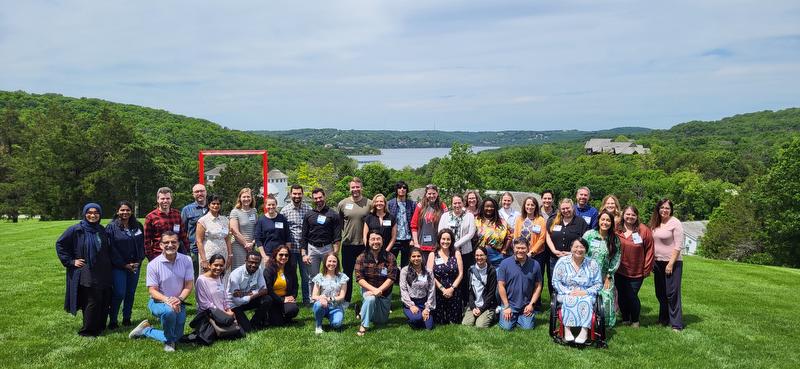 News
News
 Funded Projects · News
Funded Projects · News
 TL1 Trainee · News
TL1 Trainee · News
 Events
Events
 TL1 Trainee · News
TL1 Trainee · News
 News
News
 TL1 Trainee · News
TL1 Trainee · News
 KL2 Scholar · News
KL2 Scholar · News
 News
News
 KL2 Scholar · News
KL2 Scholar · News
 Funded Projects · News
Funded Projects · News
 News
News
 TL1 Trainee · News
TL1 Trainee · News

 TL1 Trainee · News
TL1 Trainee · News
 Services · News
Services · News
 News
News
 Funded Projects · News
Funded Projects · News
 Funded Projects · News
Funded Projects · News
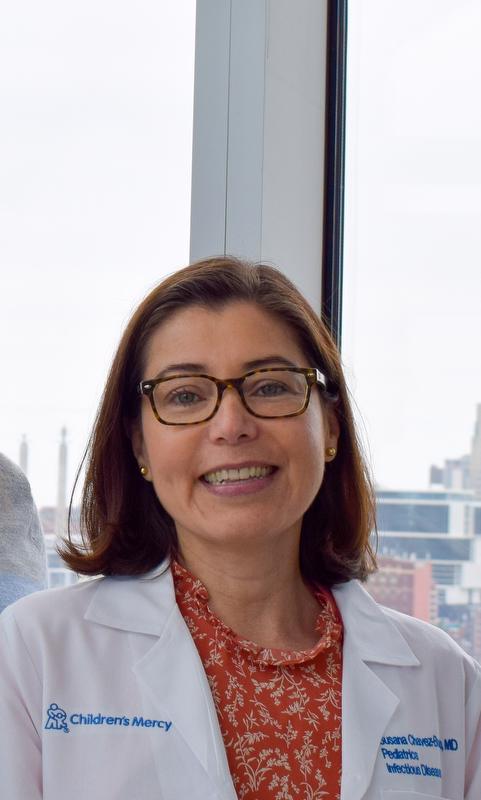 Funded Projects · News
Funded Projects · News
 TL1 Trainee · News
TL1 Trainee · News
 KL2 Scholar · News
KL2 Scholar · News
 Funded Projects · News
Funded Projects · News
 News
News
 News
News
 News
News
 News
News
 News
News
 News
News
 News
News
 News
News
 News
News
 News
News
 News
News
 News
News
 News
News
 News
News
 Funded Projects · News
Funded Projects · News
 Funded Projects · News
Funded Projects · News
 KL2 Scholar · News
KL2 Scholar · News
 News
News
 News
News
 KL2 Scholar · News
KL2 Scholar · News
 KL2 Scholar
KL2 Scholar
 News
News
 News
News
 KL2 Scholar · News
KL2 Scholar · News
 News
News
 News · In the Community · Funded Projects
News · In the Community · Funded Projects
 Funded Projects · News
Funded Projects · News
 Funded Projects · News
Funded Projects · News
 Funded Projects · News
Funded Projects · News
 Funded Projects · News
Funded Projects · News
 News
News
 Funded Projects · News
Funded Projects · News

 TL1 Trainee · News
TL1 Trainee · News
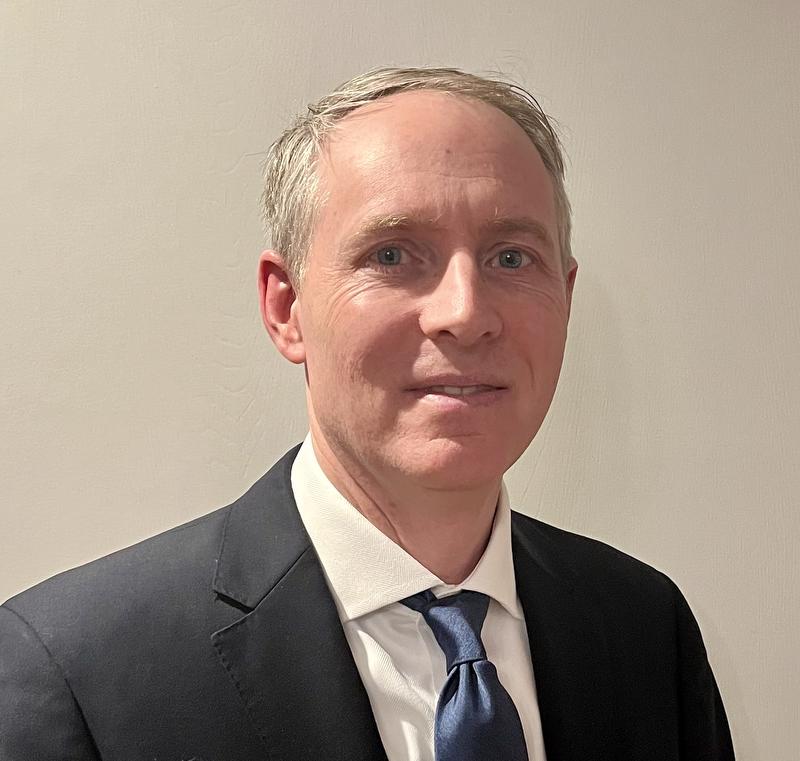 Funded Projects · News
Funded Projects · News
 Events · News
Events · News
 Funded Projects · News
Funded Projects · News

 Funded Projects · News
Funded Projects · News
 TL1 Trainee · News
TL1 Trainee · News
 News · In the Community · Funded Projects
News · In the Community · Funded Projects
 Funded Projects · News
Funded Projects · News
 KL2 Scholar · News
KL2 Scholar · News
 TL1 Trainee · News
TL1 Trainee · News
 News
News
 News
News
 KL2 Scholar · News
KL2 Scholar · News
 TL1 Trainee · News
TL1 Trainee · News
 News
News
 News
News
 Funded Projects · News
Funded Projects · News
 Events · News
Events · News

 KL2 Scholar · News
KL2 Scholar · News
 News
News

 Funded Projects · News
Funded Projects · News
 News
News
 Partner News · News
Partner News · News
 News · In the Community
News · In the Community

 0
0

 Funded Projects · News
Funded Projects · News
 Funded Projects · News
Funded Projects · News
 News
News
 Funded Projects · News
Funded Projects · News
 Funded Projects · News
Funded Projects · News
 News
News
 Events · News
Events · News
 TL1 Trainee · News
TL1 Trainee · News
 TL1 Trainee · News
TL1 Trainee · News
 News
News
 Funded Projects · News
Funded Projects · News
 News
News
 Partner News · News
Partner News · News
 TL1 Trainee · News
TL1 Trainee · News
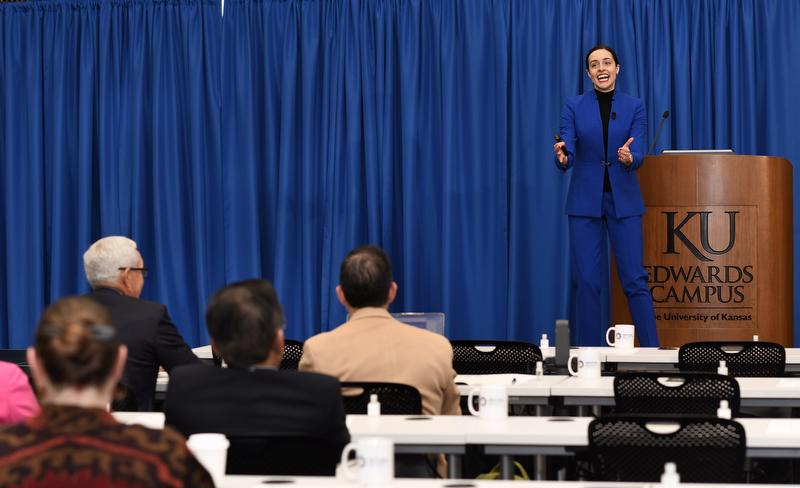 Events · News
Events · News
 KL2 Scholar · News
KL2 Scholar · News
 News
News
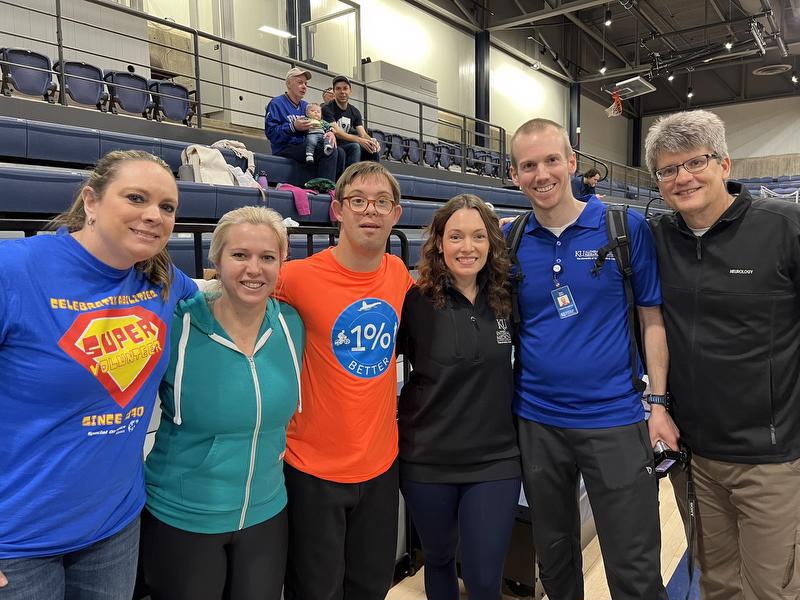 TL1 Trainee · News
TL1 Trainee · News
 News · KL2 Scholar
News · KL2 Scholar

 TL1 Trainee · News
TL1 Trainee · News
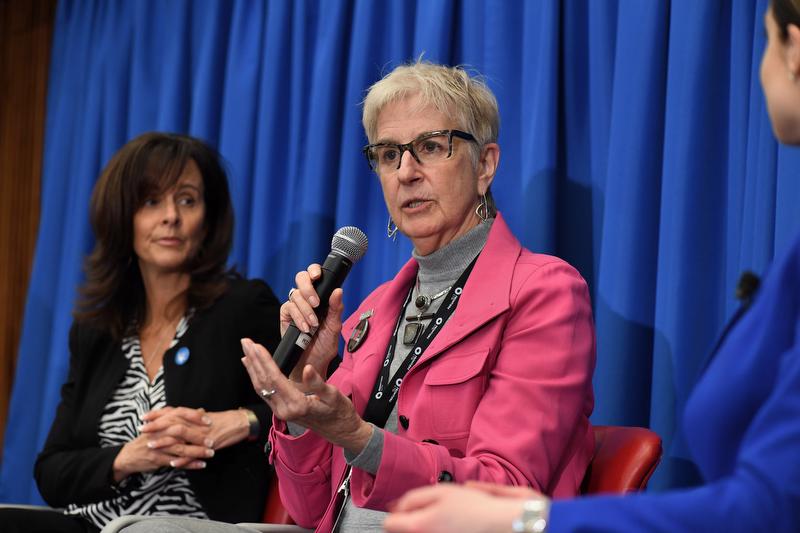 Events · News
Events · News
 News
News
 News
News
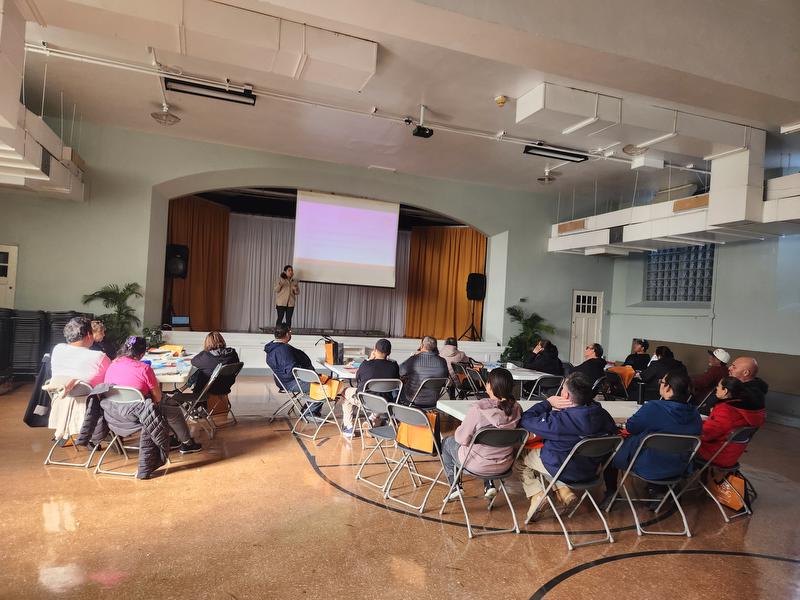

 News
News

 40
40

 News
News
 News
News
 TL1 Trainee · News
TL1 Trainee · News
 News
News
 Funded Projects · News
Funded Projects · News
 News · In the Community
News · In the Community
 Funded Projects · News
Funded Projects · News
 In the Community
In the Community
 News · In the Community · Partner News
News · In the Community · Partner News
 KL2 Scholar · News
KL2 Scholar · News
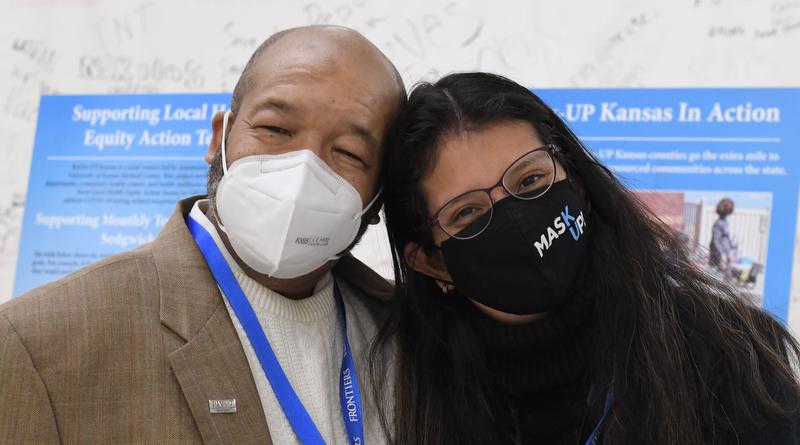 News · In the Community
News · In the Community
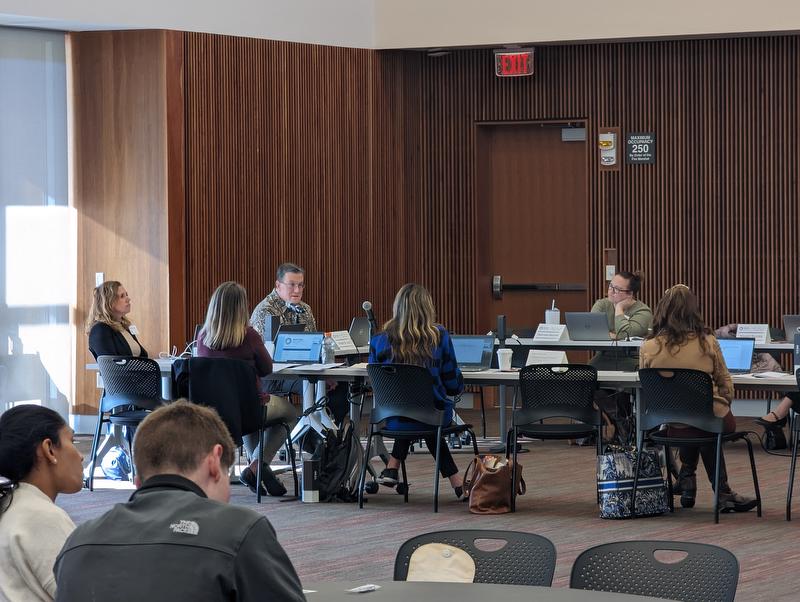 Events · News · Services
Events · News · Services
 Funded Projects · News
Funded Projects · News
 KL2 Scholar · Funded Projects · News
KL2 Scholar · Funded Projects · News
 TL1 Trainee · Funded Projects · News
TL1 Trainee · Funded Projects · News
 News
News
 News
News
 KL2 Scholar · Funded Projects
KL2 Scholar · Funded Projects
 KL2 Scholar · Funded Projects
KL2 Scholar · Funded Projects
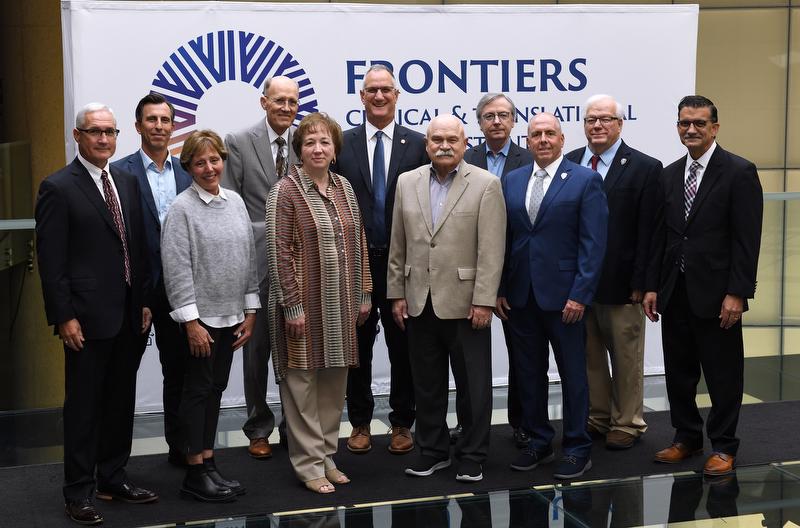 Events · News
Events · News
 News
News
 KL2 Scholar · Funded Projects
KL2 Scholar · Funded Projects
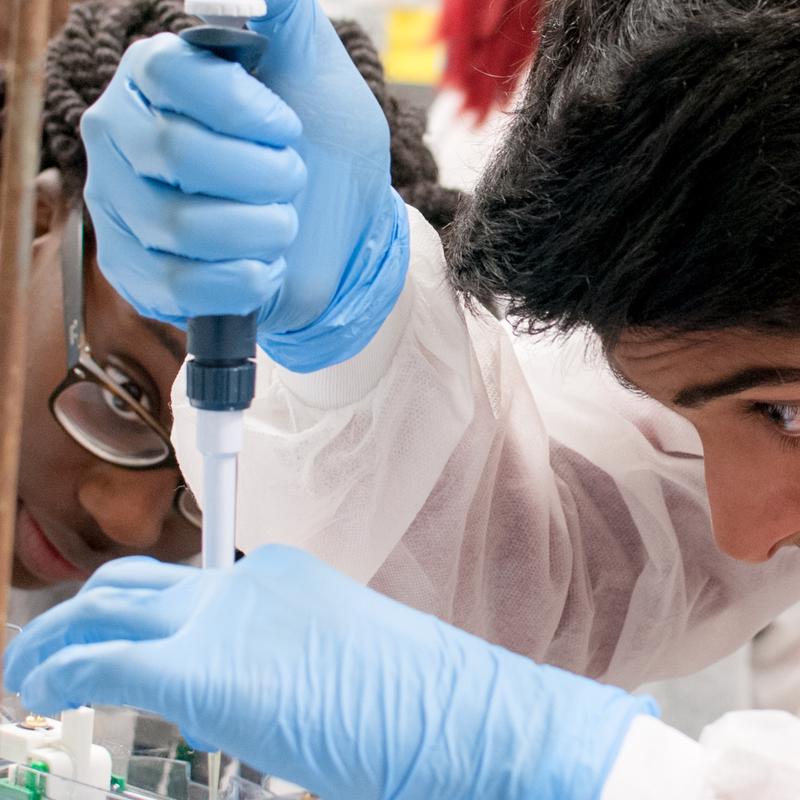 News
News
 Funded Projects
Funded Projects

 TL1 Trainee
TL1 Trainee
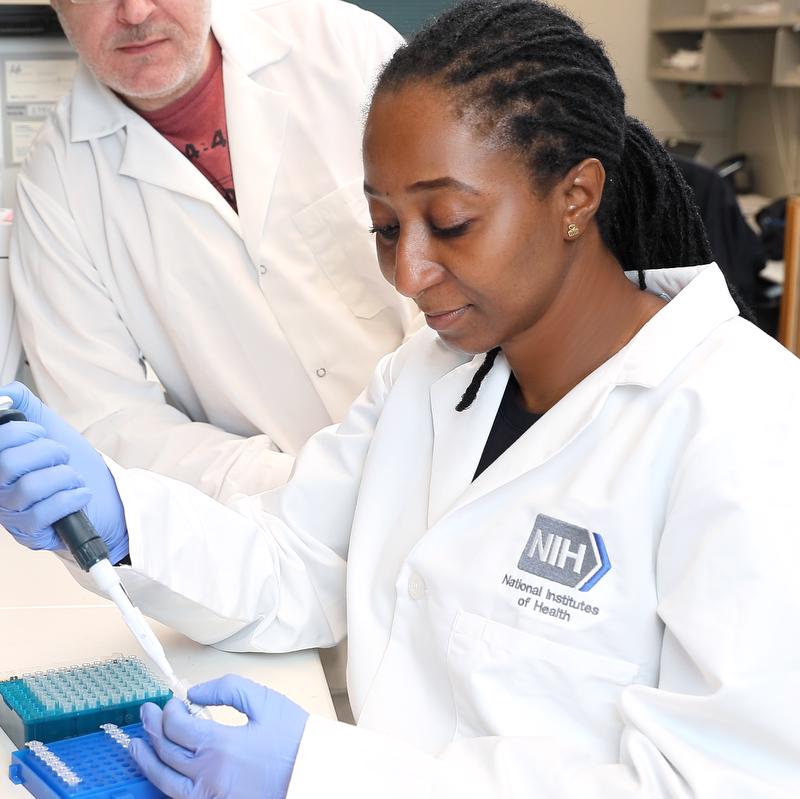 News
News
 Funded Projects
Funded Projects



